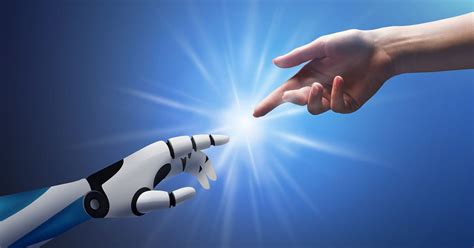
- Science fiction’s futuristic notion of artificial intelligence (AI) is no longer relevant now. It is real, present, and changing our world in both obvious and subtle ways.
- AI is changing businesses, reinventing labor, and changing how we engage with technology—and each other—from powering voice assistants to detecting illnesses.
A Quick Retrospection
- Although artificial intelligence (AI) has been around for decades, its significance has increased recently due to advances in machine learning, natural language processing, and data availability.
- Cloud computing and open-source technologies have made it possible to accomplish tasks that formerly needed large mainframes and years of research.
- AI has moved from research labs into our homes and workplaces because to its rapid advancement.
Daily AI: Smooth Integration
It’s likely that you currently use AI on a daily basis without even being aware of it.
Here are few instances:
- Siri Alexa and Google Assistant are examples of virtual assistants that assist with everything from reminders to trivia questions.
- Netflix YouTube and Spotify’s recommendation engines customize content according to your interests and usage patterns.
- AI is used by smart cameras and picture apps to identify faces improve shots, and classify images.
- These apps which are becoming more intelligent every day are made to make life more efficient personalized and convenient.
Transforming the Medical Field
- AI-driven instruments can:
- Examine medical imaging to identify illnesses like cancer early.
- Use pattern recognition to assist doctors in making rare illness diagnoses more quickly.
- Forecast patient results and suggest individualized care.
- In an effort to make healthcare more proactive and accessible, both large tech businesses and startups are making significant investments in AI-driven healthcare solutions.
Changing the Workplace and Business
The workplace is likewise being redefined by AI. Chat bots may answer standard customer support questions around-the-clock, freeing up human agents to work on more difficult assignments. AI systems in finance simplify trade, optimize portfolios, and identify fraud.
The biggest shift, though, might be in the way we view labor itself. The automation of monotonous activities by AI tools has led to a greater focus on human-specific abilities like creativity strategy and emotional intelligence.
The Frontier of Ethics
AI presents significant ethical issues, just like any other potent technology:
- Bias: Unfair results may result from AI systems that inherit biases from the data they are trained on.
- Privacy: As AI gathers and examines more private information, worries about monitoring and consent increase.
- Job displacement: Automation may put some occupations at risk, particularly in manufacturing and logistics, forcing communities to reconsider social safety nets and education.
- To guarantee AI benefits humanity as a whole, technologists, legislators, and the general public must work together to address these issues.
Gazing Ahead
- The development of AI is meant to enhance human potential and create new opportunities, not to replace us.
- AI is becoming a co-pilot in our everyday lives, whether it is through more intelligent apps, improved healthcare, or more productive businesses.
- We are not waiting for the future; rather, we are creating it. We must carefully, morally, and inclusively direct AI’s growth as it advances.
Leave a Reply